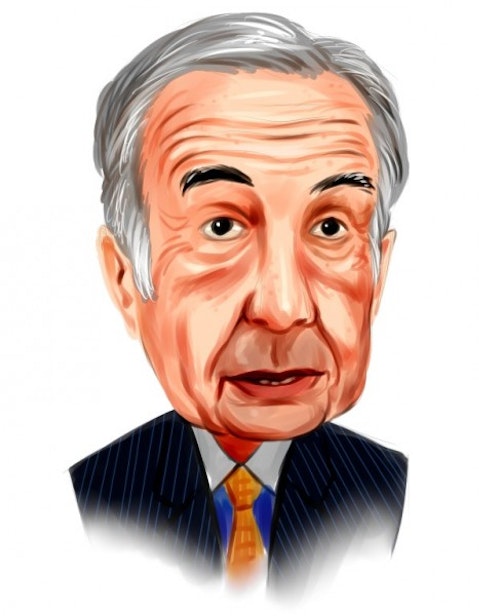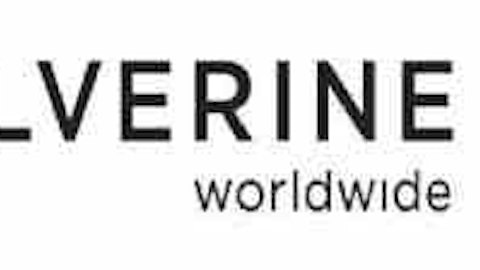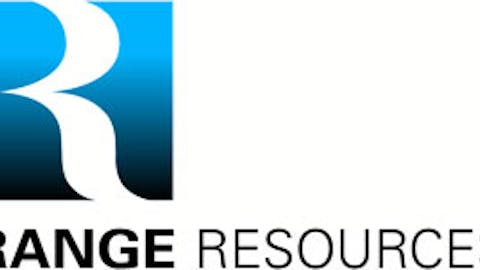On September 9th, billionaire activist investor Carl Icahn, who manages Icahn Capital (find Icahn’s favorite stocks), conceded his battle over Dell Inc. (NASDAQ:DELL) in a letter to the company’s shareholders. Founder Michael Dell and a consortium of financial backers led by private equity fund Silver Lake had successfully delayed a shareholder vote on their proposed buyout of Dell Inc. (NASDAQ:DELL), and changed the rules to allow abstentions rather than count abstentions as “no” votes; these abstentions had looked likely to tip the balance against them in the initial shareholder vote. While Icahn was unsuccessful in pushing for an even higher price for the company, and continues to believe that the deal undervalues Dell Inc. (NASDAQ:DELL), he did manage to agitate for a somewhat higher transaction price.
We have gone through all eleven of Icahn’s original 13D filings since the beginning of September 2011. One of these- in Nuance Communications Inc. (NASDAQ:NUAN)- came late last month and so we’ll mark that as incomplete. Another, CVR Refining, is a subsidiary of another of Icahn’s activist targets CVR Energy, Inc. (NYSE:CVI) and so we will count that as one activist campaign. A third, in Motricity- which has since changed its name to Voltari- is a very small position due to that company’s small size. This leaves Dell Inc. (NASDAQ:DELL) and the following seven activist moves, where we will compare the current stock price to the value the day before the 13D was filed (Dell Inc. (NASDAQ:DELL) is up 4%, a bit above the S&P 500’s return, on this basis):
Navistar International Corp (NYSE:NAV), October 2011. The truck and truck engines company’s stock price dropped in mid 2011 after its new engine turned out short of environmental standards. Icahn pursued a number of strategies for value creation, including merging the company with peer Oshkosh, but as of today the stock is down slightly from the filing date while market indices have risen 40%.

CVR Energy, January 2012. CVR, an oil refiner and producer of fertilizer with a market capitalization of $3.6 billion, is off its highs from earlier this year but is still close to double the price it was trading at before Icahn announced its involvement. The company has partially spun out CVR Refining, an LP, as well.
In conclusion, out of these eight buys we have two where Icahn has underperformed the market (Navistar and WebMD), two where he has successfully pushed for change and earned large profits (Chesapeake and CVR), two where he has earned at least a small profit despite modest or no accomplishments from an activist point of view (Dell Inc. (NASDAQ:DELL) and Greenbrier), and two where he has made money even though there has not been much change at the company (Herbalife and Netflix). This demonstrates that, at least recently, Icahn has a very high “slugging percentage” in getting big returns from stocks where he files a 13D, and shows that investors are well served to closely monitor his filings.
Disclosure: I own no shares of any stocks mentioned in this article.





